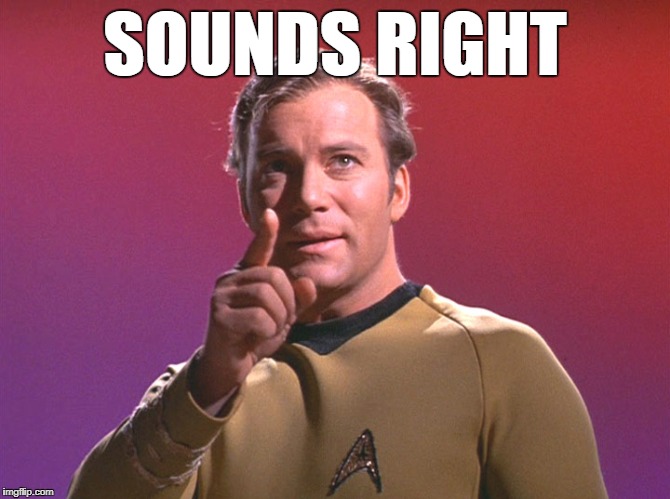
Ī field of study called memetics arose in the 1990s to explore the concepts and transmission of memes in terms of an evolutionary model. Memes that replicate most effectively enjoy more success, and some may replicate effectively even when they prove to be detrimental to the welfare of their hosts. Memes that propagate less prolifically may become extinct, while others may survive, spread, and (for better or for worse) mutate. Memes spread through the behavior that they generate in their hosts. Memes do this through the processes of variation, mutation, competition, and inheritance, each of which influences a meme's reproductive success. Proponents theorize that memes are a viral phenomenon that may evolve by natural selection in a manner analogous to that of biological evolution. In popular language, a meme may refer to an Internet meme, typically an image, that is remixed, copied, and circulated in a shared cultural experience online. Supporters of the concept regard memes as cultural analogues to genes in that they self-replicate, mutate, and respond to selective pressures.
A meme acts as a unit for carrying cultural ideas, symbols, or practices, that can be transmitted from one mind to another through writing, speech, gestures, rituals, or other imitable phenomena with a mimicked theme.


A meme ( / m iː m/ MEEM) is an idea, behavior, or style that spreads by means of imitation from person to person within a culture and often carries symbolic meaning representing a particular phenomenon or theme.


 0 kommentar(er)
0 kommentar(er)
